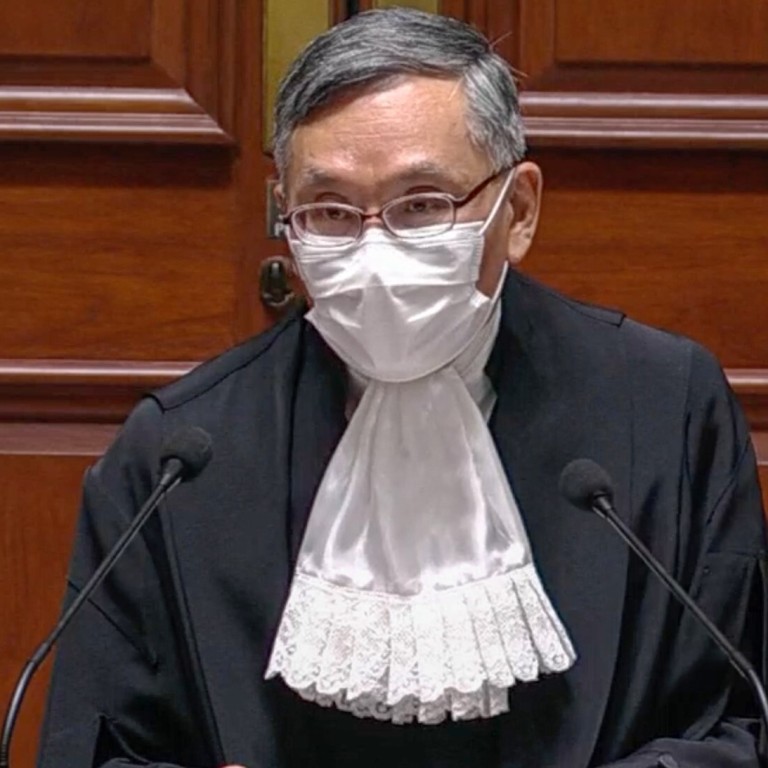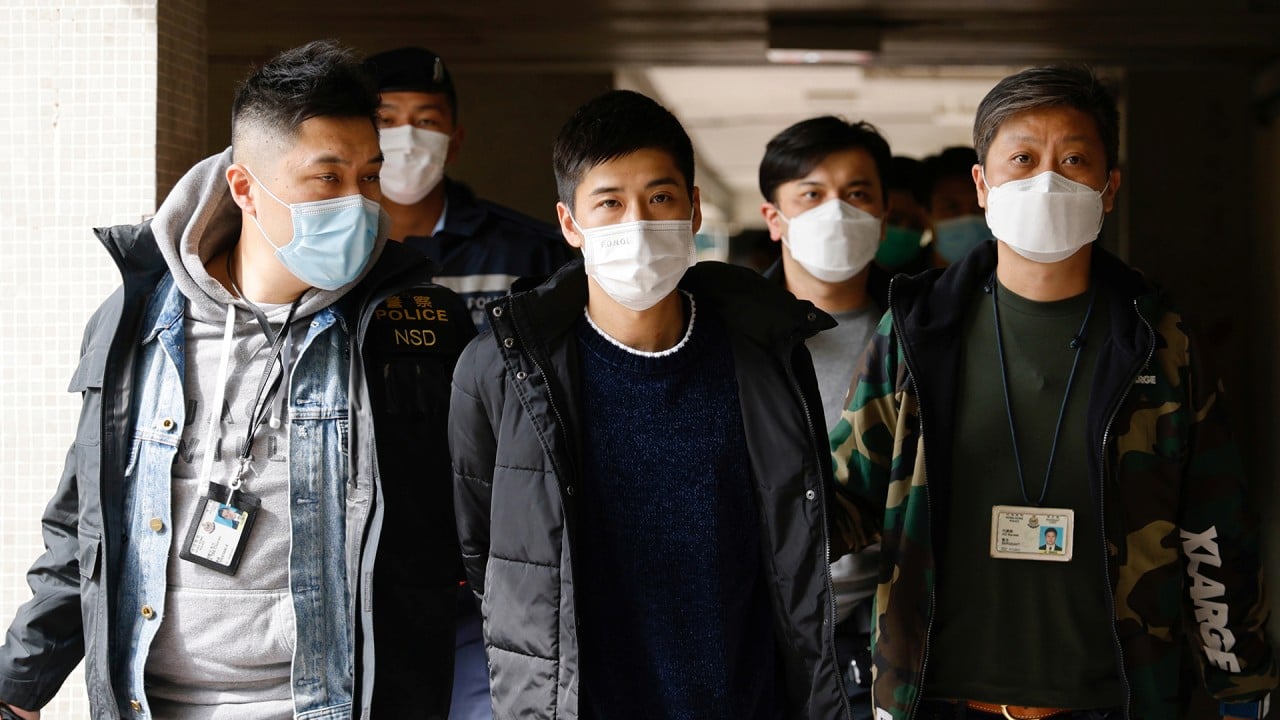
How long can Hong Kong courts resist the pressure to act more like those on the mainland?
- Hong Kong’s courts are still clinging to their commitment to the rule of law and their role in assuring protection of individual rights against arbitrary state action, but the future is bleak
No two legal systems could be more different than Hong Kong’s common law system, inherited from British colonialism, and China’s Leninist communist system, imported from Joseph Stalin’s Soviet Union.
Mainland courts, while operating under a system that claims to be implementing “a socialist rule of law with Chinese characteristics”, are actually following Marxist theory and Soviet practice by placing law under government and the Communist Party, and serving as instruments of dictatorial control and repression of individual rights.
In practice, the party is far more important than the constitution and other elements of the law, although formally there is no contradiction since the law turns out to be what the party’s interpretations say it is.
Structurally, the Chinese legal system reflects the West European continental legal system’s influences upon the pre-1917 tsarist system that Vladimir Lenin adapted with socialist flourishes after the Bolshevik Revolution settled down in the early 1920s.
Although today’s Chinese legal system is far more sophisticated than the original Maoist model, in operation, structure and ideology it is essentially the same. At every level, when there are legal issues involving social control, the courts, police and prosecutors continue to function as a single fist, under the mandates of party political-legal committees.

05:50
What you should know about China's new national security law for Hong Kong
Chief Justice Andrew Cheung Kui-nung and the Court of Final Appeal (CFA) are fighting an agile rearguard action, but the future is bleak, as each day’s events suggest. In the final analysis, the CFA cannot stand up against the National People’s Congress Standing Committee that is the legal face of the party.

03:04
Mass arrests of Hong Kong opposition lawmakers, activists under national security law
In dealing with these cases, Beijing and its Hong Kong agents have now made it clearer than ever that they expect Hong Kong judges to behave like their mainland counterparts. Local lawyers, especially barristers who specialise in criminal defence, should not believe they will be exempt from similar pressures. President Xi Jinping is determined to see that “socialist rule of law with Chinese characteristics” prevails over the common law.
Jerome A. Cohen, a retired New York University law professor and founding director emeritus of its US-Asia Law Institute, is Adjunct Senior Fellow for Asia at the Council on Foreign Relations

